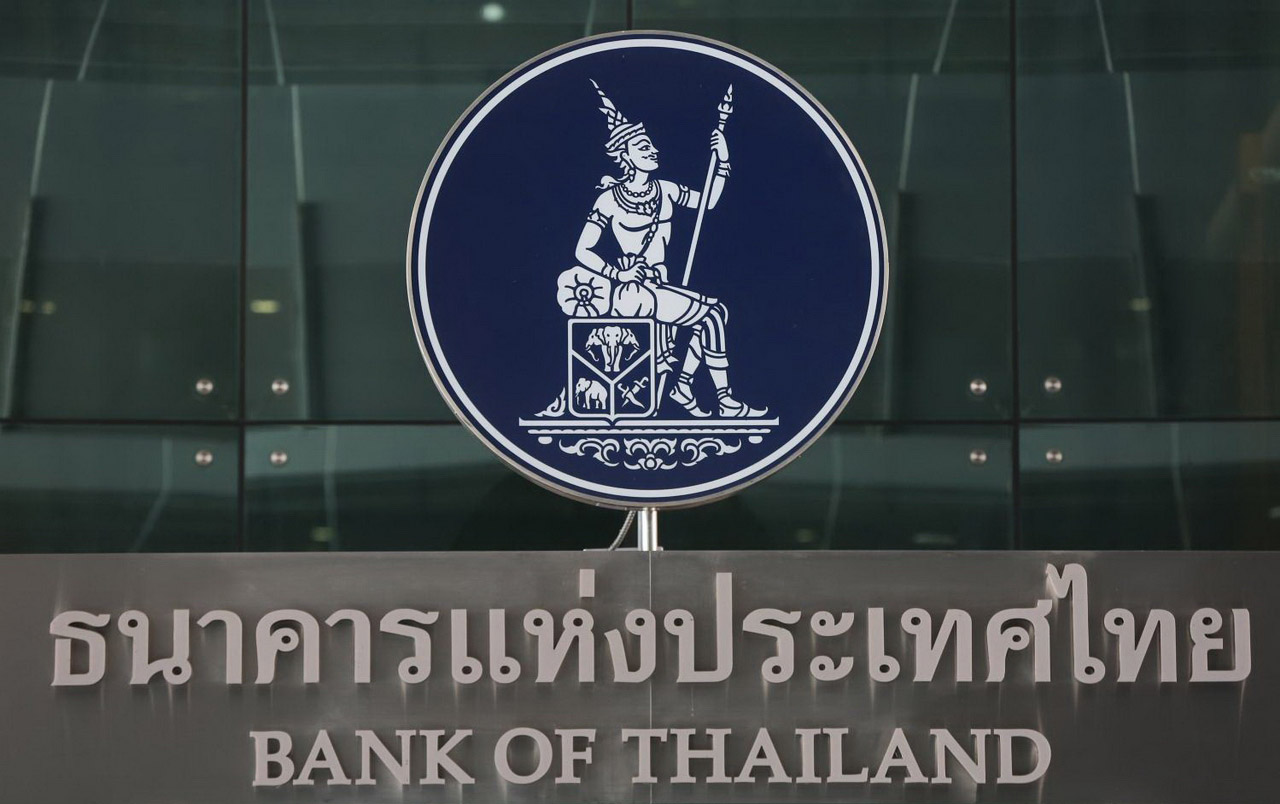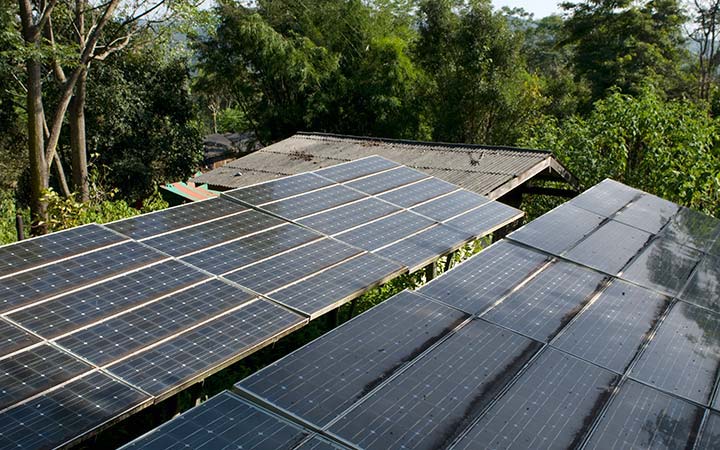The Contract Committee of The Consumer Protection Board recently announced a new Notification which designates the lease of residential property as a “contract-controlled business.”
The Notification re: The Stipulation of Residential Property Leasing as a Contract-Controlled Business B.E. 2561 (2018) was published on February 16, and became effective on May 1, 2018. The Notification defines the subject of a business operator, prescribes terms and conditions of subject business contracts, and imposes responsibilities for the business operator as follows:
The business of leasing a residentialbuilding is defined as the operation of a business in which:
- A business operator agrees to lease out a building to the lessee who is a natural person for a residential purpose;
- The lessee agrees to pay a rental;
- The leased premises consists of at least 5 units regardless of whether they are in the same building or in several buildings; and
- The term lessee also refers to a sub-lessee who is a natural person.
The business operator of a business who leases a residential building and collects rental from the lessees(“the business operator”) shall have the following duties:
Implementation Duties: Terms and Conditions
- Details and requirements relating to the business operator, lessee and the leased property:
- Name and address of the business operator and theperson authorised for executing a contract;
- Name and address of lessee;
- Name and location of the building;
- Details of the physical condition and contents;including the property, equipment and instruments(facilities and furniture)of the building;
- Fixing of the building lease term; dates, months, years ofcommencement and expiration shall be specified;
- Building rental rate; showing payment method and duepayment period thereof;
- Rates of utilities fees ie electricity, water, telephone;showing payment method and due payment periodthereof;
- Rates of service expenses eg fees for recording theelectricity and water used and pumping expense forincreasing water supply pressure in a building. Theseservice expenses must also be shown to be actual andreasonable, and include proof of payment, paymentmethod, and due payment period thereof;
- Rates of other expenses (if any), which are shown to beactual and reasonable, and include proof of payment,payment method, and due payment period thereof; and
- Amount of security deposit.
- The Contract shall contain Thai statements which are clearly visible and readable, bearing a letter size not smaller than two millimeters. The number of letters shall not exceed eleven letters in one inch.
Other relevant Duties regarding the business operation of a residential building
- The business operator shall send an invoice relating to items ‘f’ through ‘i’ above to inform the lessee of such terms, within not less than seven days prior to the rental payment date. The lessee is entitled to check details of the expense data appearing under such items in the invoice, as imposed by the business operator;
- The business operator shall prepare evidence of acceptance of the building’s condition, as well as that of other facilities (if any), with such evidence to be attached to the building lease contract, and with one copy of such evidence to be delivered to the lessee;
- The business operator shall, upon expiration of the term of the building lease contract, return the security deposit received from the lessee — to the lessee. The building operator shall also investigate damages within the contract premises, to determine whether such damage is or is not the responsibility of the lessee. Where the lessee has caused no damage, the business operator shall return the security deposit within seven days from the date of expiration of the lease term, and shall repossess the building while bearing the cost of the remittance of the security deposit under the method informed by the lessee;
- The lessee is entitled to terminate the building lease contract before its expiration. In such case, an advance notice of at least 30 days must be sent to the operator, provided that the lessee shall not default in the payment of rental; that there is no unpaid rental due; and that the lessee shall have reasonable necessity to terminate;
- The business operator shall, regarding a breach of a material clause in the building lease contract, have the right to terminate the contract, and must specifically indicate particulars of such breach by using red or black or italic letters which are more noticeable than general particulars. In terminating the contract based on a breach in the contract, the business operator shall send a written notice requesting the lessee to comply with the building lease contract within a period of at least 30 days from the date on which the lessee receives the written notice. Should the lessee ignore and notadhereto such notice, the business operator shall have the right to terminate the building lease contract; and
- The building lease contract shall be made in duplicate with identical particulars, and the business operator shall promptly deliver one copy of the building lease contract to the lessee upon signing of the lease contract.
The following clauses will be considered unlawful under the terms of the Notification
- A clause which is an exemption or restriction of liability from a breach or violation committed by the business operator;
- A clause which determines that the business operator requires an advance rental security deposit exceeding one month;
- A clause which determines that the business operator is entitled to change the rates of building rental, public utilities, service expense and other fees prior to the expiration of the building lease contract;
- A clause which determines that the business operator collects a security deposit exceeding one month of the building rental rate when calculated on a monthly basis;
- A clause which determines that the business operator is entitled to seize the security deposit or advance rental;
- A clause which determines that the business operator or its agent enters and inspects the building without giving any advance notice to the lessee;
- A clause which determines that the business operator fixes the service rates of electricity and water exceeding the rates collected from the business operator by electricity and water service provider;
- A clause which determines that the business operator is entitled to make a blockade to prevent the lessee from entering to make use of the building or to enter the building and seize the property or remove the property of the lessee in the case where the lessee fails to pay a rental or other expenses in relation to the building lease;
- A clause which determines that the business operator is entitled to require the renewal fee of the building lease contract from the present lessee;
- A clause which determines that the business operator is entitled to terminate the building lease contract with the lessee for which the lessee does neither breach the contract nor act against a condition which is of significance for any of the clauses in the contract;
- A clause which determines that the lessee must be responsible for the damage occurring to the property, equipment and instruments of the building which is caused by normal use;
- A clause which determines that the lessee must be liable for the damage occurring to the building, property, equipment and instruments whether by any cause which is not the lessee’s fault or that of force majeure; and
- A clause which determines that the lessee must be liable for defects to the building, property, equipment and instruments which are caused by normal use or deterioration from wear and tear.
If the business operator fails to include the requisite terms, or includes the terms in the contract but is not in accordance with the requisite terms, it shall be regarded that the contract contains such terms or conditions. On the other hand, if the business operator uses the prohibited terms in the contract, it shall be regarded that the contract contains no such terms.
Therefore, business operators shall comply with the new and additional duties under the new Notification, and implement and deliver the contract with compliant terms to the lessee. Otherwise, they shall be subject to imprisonment for a term of not more than one year or a fine of not more than Baht one hundred thousand (Baht 100,000), or both.
This publication is intended to highlight an overview of key issues for ease of understanding, and not for the provision of legal advice. If you have any questions about this publication, please contact your regular contact persons at Mori Hamada & Matsumoto or Chandler MHM Limited, or any of the Key Contacts listed to the right above.




























































 Chandler MHM Limited
Chandler MHM Limited Jessada Sawatdipong
Jessada Sawatdipong







